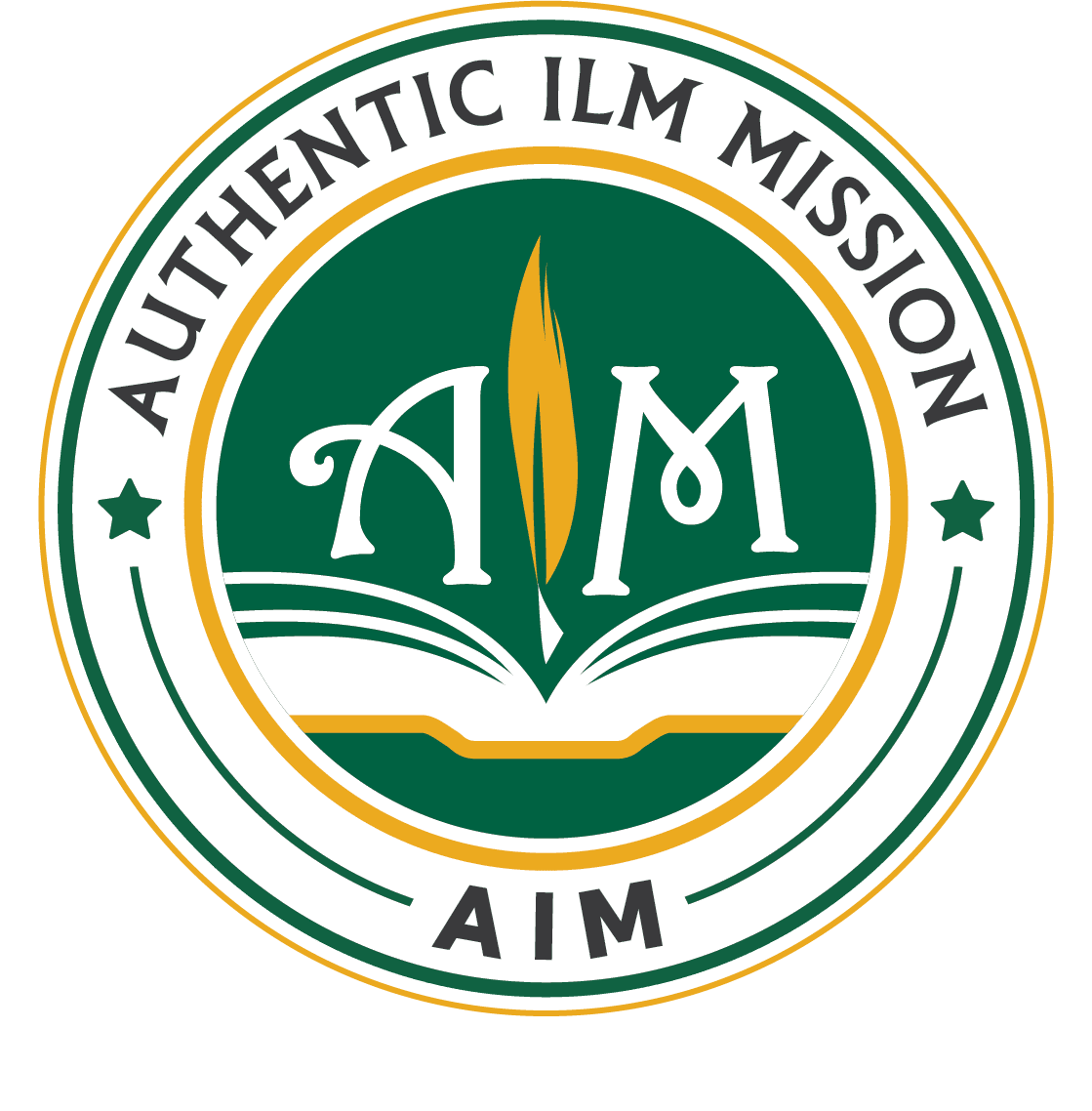All praise is due to Allah, who chose us to be from the Ummah of Muhammad ﷺ—not by accident, but by divine wisdom. We bear witness that there is no one, claimed god, entity, and object worthy of my worship, obedience, and submission but Allah, and Muhammad ﷺ is His final messenger, sent as a mercy to all creation.
Dear brothers and sisters,
Let me begin—not with a quote, but with a confession. A personal reflection from someone who grew up with questions. I often found myself wondering—not out of defiance to Allah’s decree, but from a place of deep longing and honest confusion: Why was I born in this time? A time the Prophet ﷺ described when the Ummah would be like the foam of the sea—many in number, but lacking strength and weight. A time when rain may fall but brings little benefit.
And like many of you, watching the relentless and unprecedented genocide in Gaza, and the ongoing suffering of the people of Palestine at large, stirred something within me. It pushed me to search deeper. But I did not approach it through the usual geopolitical, economic, or social lenses. I turned instead to the lens of revelation—to the guidance of the Qur’an and the Sunnah.
And through that journey of reflection, I came to a powerful realization—one that reshaped how I view both our present and our future:
The Prophet ﷺ did not leave any trial or tribulation without warning us. As Hudhayfah ibn al-Yamān reported, the Prophet ﷺ would often speak to the companions about the fitan—detailing what would come. And as narrated by Amr ibn Akhtab (Abū Zayd), the Prophet ﷺ once delivered a khutbah so profound and detailed, he described everything that would unfold until the Day of Judgment—especially events tied to this sacred land.
This is not just a prophetic insight—it is also a rational truth. When we consider that previous nations were blessed with multiple prophets—sometimes two or three at a time—but we were given the final Messenger ﷺ, it follows logically that his guidance must be comprehensive. He had to prepare us, through revelation, for every era, including this one.
The significance of this land was established early on in revelation. Why was Sūrat al-Rūm revealed in Makkah, referencing the Byzantine-Persian conflict and its proximity to this region? Why did the miraculous night journey, al-Isrāʾ, pass through Bayt al-Maqdis, even though the final destination was the heavens? Because Allah was embedding in the Ummah’s consciousness the centrality of this land.
Al-Quds is not just symbolically sacred—it is practically honored. It is home to one of the three mosques to which travel is encouraged, where salah is multiplied, and where the reward for prayer is magnified. It holds both spiritual weight and prophetic focus.
And it is more than a place of historical memory or ongoing conflict. It is the very location where the final, global fitnah—the emergence of al-Dajjāl—will unfold, and it is the place where Allah will honor this Ummah by having that deception ended at the hands of ʿĪsā ibn Maryam عليه السلام.
And in realizing all of this—not just as information, but as a divine narrative—I discovered something unexpected yet deeply reassuring:
Hope actually sprouts from there.
This growing realization led me to another profound truth—one that the Prophet ﷺ didn’t leave vague but laid out with remarkable clarity. Not only did he describe the trials the Ummah would face, but he also outlined how leadership would unfold—in distinct stages, each with its own character and challenge.
In a powerful hadith narrated by al-Nuʿmān ibn Bashīr, the Prophet ﷺ said:
“Prophethood will remain among you as long as Allah wills, then He will lift it. Then there will be a caliphate upon the prophetic method, and it will remain as long as Allah wills, then He will lift it. Then there will be a biting kingship, then oppressive kingship, and then a caliphate upon the prophetic method.” (Reported by Aḥmad, classified as ḥasan by al-Albānī)
We are now living at the end of the fourth phase—an age of oppressive rule, marked by division, tyranny, and moral confusion. It is the phase where the Ummah has been brought to the lowest point, the bottom of the abyss.
But here lies the hope: the Prophet ﷺ did not stop there.
He promised a fifth phase—the restoration of the caliphate upon the way of Prophethood, not just in form, but in spirit, justice, and vision. And what is most striking is that many narrations and indications point to Bayt al-Maqdis as the heart of this renewal.
This isn't just history repeating itself. It’s Prophetic certainty unfolding—phase by phase, step by step—toward a promised revival.
And guess where this final restoration will take place?
Not in New York.
Not in Istanbul.
Not even in Madinah.
But right in the very land we've been speaking about all along Palestine. Bayt al-Maqdis.
The Prophet ﷺ prophesied with clarity what many now begin to sense with conviction. In a narration reported by Muʿādh ibn Jabal, the Prophet ﷺ said:
“The flourishing of Bayt al-Maqdis will mark the ruin of Yathrib (Madinah), and the ruin of Yathrib will signal the great confrontation, and the great confrontation will lead to the conquest of Constantinople, and the conquest of Constantinople will be followed by the appearance of the Dajjāl.” (Sunan Abī Dāwūd, 4294; authenticated by al-Albānī)
And in another hadith, ʿAbdullāh ibn Ḥawālah reported that the Prophet ﷺ placed the future leadership of the Ummah clearly in the heart of this land:
And among the most profound prophetic statements that connect directly to our discussion is the hadith reported by ʿAbdullāh ibn Ḥawālah, where the Prophet ﷺ said:
"O Ibn Ḥawālah! When you see the Khilāfah has descended upon the sacred land (Bayt al-Maqdis), then the earthquakes, the tribulations, and great matters have drawn near. And the Hour on that day will be closer to the people than my hand is to your head."
(Ṣaḥīḥ al-Jāmiʿ, no. 7838; graded ṣaḥīḥ by al-Albānī; also in Abū Dāwūd 2535, Aḥmad 22487, al-Bayhaqī in Dalāʾil al-Nubuwwah)
This hadith reveals something monumental: the descent of the Khilāfah in Bayt al-Maqdis is not the end of our trials—it is the beginning of their intensification. It will mark the approach of global shifts, immense fitan (tribulations), and the nearness of the Hour.
This isn't meant to frighten—but to awaken. To see this sign is not just to witness history—it is to be called into preparation.
So again, to every young Muslim in this room:
You were not born late.
You were born on time, to be present at a turning point written by the One who never misguides and never forgets.
Before I close this khutbah, I want to draw your attention to something deeply troubling.
Despite all the undeniable prophetic guidance about the future of the Ummah, the centrality of Bayt al-Maqdis, and the restoration of the Khilafah upon the Prophetic path—most Muslims today know only one part of the narrative: al-Mahdi.
But even this has been presented in a distorted and passive way—as if our role is merely to sit and wait for a savior to appear, as though the Ummah’s only hope is to endure until he emerges and fixes everything for us.
Let me be clear: Al-Mahdi is not the beginning—he is the pinnacle. According to authentic narrations, he will be the seventh caliph in a line of just rulers, not the first. He does not initiate the revival—he inherits it at its peak. That means the work of revival begins before him, and it begins with us.
Yet at the same time, we are discouraged from even talking about the Khilafah. In a time when religious texts are being twisted to justify genocide, Muslims are told that speaking of Khilafah is dangerous, divisive, or even extreme.
Let me be honest with you—I am not a fan of conspiracy theories. But there is a very real orchestrated effort to distort, suppress, or sever this part of our collective narrative—especially among young Muslims. A cultural campaign that wants us to disconnect hope from responsibility, and instead, embrace delay and helplessness.
This is exactly the issue I address in my book: Al-Mahdi and the Khilafah of Bayt al-Maqdis.
That is where I present this case in detail. But this is not the setting to lecture or debate these points.
This is a khutbah—a sacred space, and my role here is not to argue, but to awaken.
So let me close with what truly matters most: What do we do now? Where do we go from here?
Let me share with you a few clear action items, rooted in revelation, grounded in realism, and driven by hope.
Concluding Action Items: Preparing the Ground for What Will Descend
Dear brothers and sisters,
The Khilafah is not something we create—it is something Allah will cause to descend.
Our role is not to orchestrate its return, but to prepare the ground upon which it can stand. Just as tawḥīd brings unity, righteous readiness brings divine reward.
Here’s where we begin:
Hold the Fort of Tawḥīd—Engage in Ribat Where You Are: When the Prophet ﷺ described the phases of governance, he didn’t just inform—he instructed. He told us to remain firm, to engage in jihad, and to practice ribat—spiritual and ideological steadfastness. Defend your post, hold your ground in faith, and never let the fortress of tawḥīd fall. And know that the best of ribat, as he ﷺ said, is in Ashkelon—Gaza. (Reported by Aḥmad)
Give Hope to a Defeated Ummah: You are surrounded by hearts burdened by despair. Many have been conditioned to believe “there’s no way out.” Break that illusion. Just as the Prophet ﷺ planted seeds of global revival during the Battle of the Trench, in a moment of extreme vulnerability, you too must speak of restoration, justice, and the promise of Allah—even in the darkest hour.
Build Unity on the Foundation of Tawḥīd: The Ummah will not unite through culture, race, or politics. Unity is the reward of shared belief. “Mankind was one community, and Allah sent prophets with glad tidings and warnings…”
(Sūrat al-Baqarah, 2:213) Bring people back to pure tawḥīd, and unity will follow by divine design.Reconnect to the Qur’an—Through the Lens of the Best Generation
Do not let the Qur’an become background noise. Read it. Understand it. Live it. But read it as the Companions did—not as modern minds twisting it to fit trends. Let the Sahābah’s lens clarify your understanding and ground your worldview.’Promote Harmony, Brotherhood, and Respect for Leadership: Disorder begins where respect ends. Foster brotherhood, encourage obedience to the Amīr, and promote harmony within your community. Revival doesn’t flourish in chaos—it grows in disciplined unity.
Elevate the Discourse Among Youth: Shift conversations from entertainment and complaint to purpose and legacy. Speak to the youth about the reality of the Ummah, but with dignity, knowledge, and a roadmap. Build them to be thinkers, not just reactors.
Restore Dignity to Islamic Scholarship and Spiritual Leadership: Too often, scholars are ignored or dismissed. Restore trust and reverence for scholars who are upright, connected to revelation, and grounded in prophetic methodology. A revival without guidance is a rebellion; a revival with scholars becomes a movement of mercy and order.

